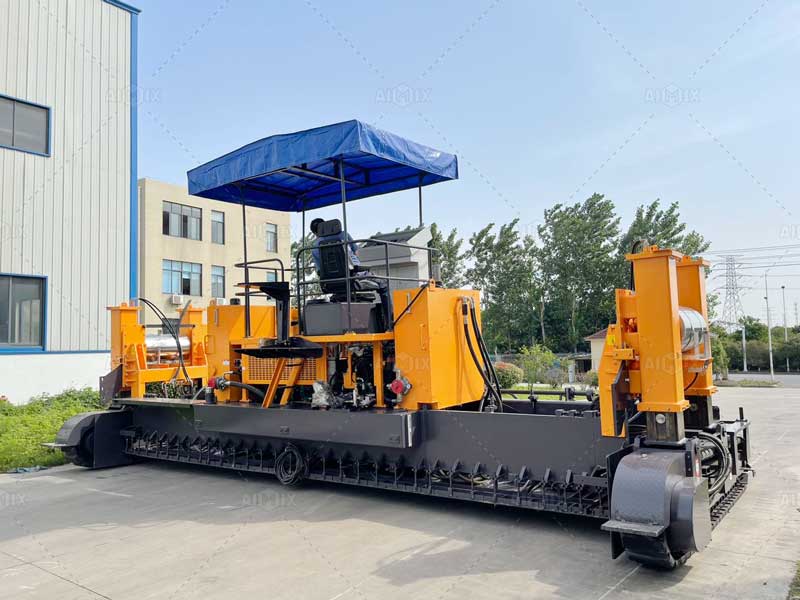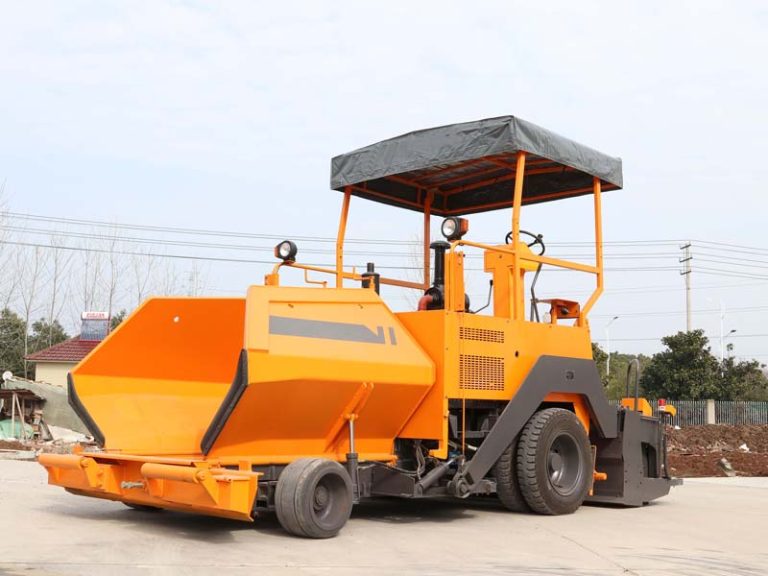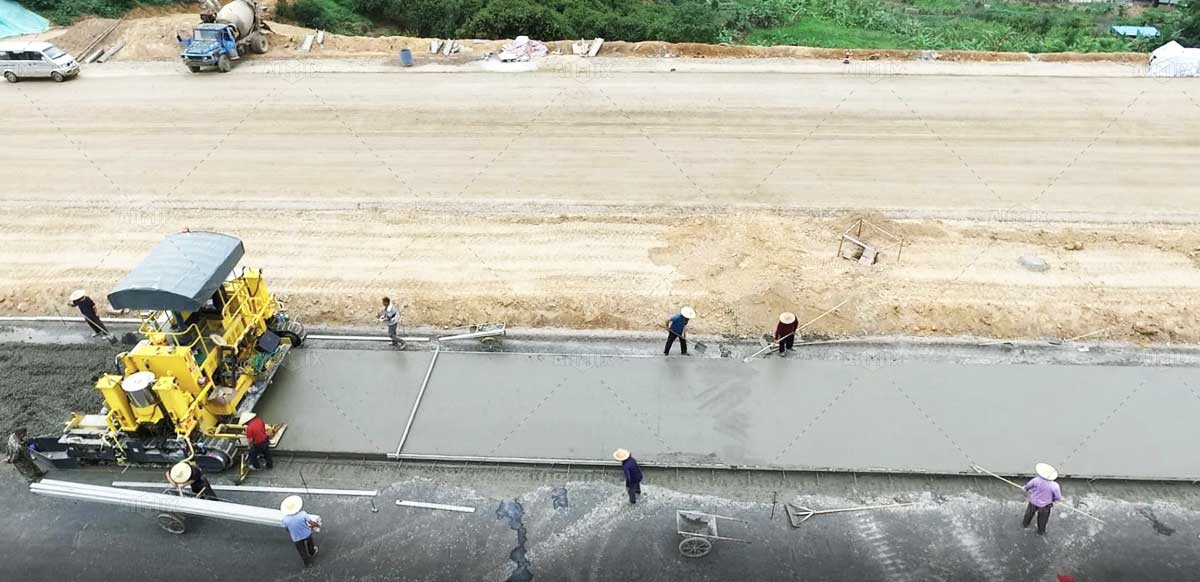When it comes to paving projects, selecting the appropriate concrete paver machine is crucial for achieving efficiency, precision, and cost-effectiveness. With a wide array of options available in the market, it can be overwhelming to make the right choice. This technical guide aims to provide you with comprehensive insights into the factors you should consider when choosing a concrete paver machine for your project.
Understanding Your Project Requirements
Before diving into the selection process, it’s essential to have a clear understanding of your project requirements. Consider factors such as the type of surface to be paved, the area to be covered, desired finishing quality, and budget constraints. These parameters will serve as a foundation for narrowing down your options and making an informed decision.
Types of Concrete Paver Machines
Concrete paver machines come in various types, each designed for specific applications and project requirements. Understanding the different types will help you determine which one aligns best with your needs:
Slipform Pavers
- Ideal for large-scale paving projects such as highways, airports, and industrial sites.
- Offers high precision and efficiency, capable of paving widths ranging from a few meters to over 15 meters.
- Equipped with advanced automation features for enhanced accuracy and speed.
Curb and Gutter Machines
- Specifically designed for constructing curbs, gutters, and other roadside elements.
- Provides precise shaping and molding capabilities, ensuring uniformity and consistency in curb profiles.
- Offers versatility for various curb shapes and sizes.
Placing and Finishing Machines
- Designed for pouring and finishing concrete slabs with high accuracy and speed.
- Equipped with adjustable screeds and finishing tools to achieve desired surface smoothness and texture.
- Suitable for a wide range of applications, including sidewalks, driveways, and pavements.

Key Considerations for Selection
When evaluating concrete paver machines, several key factors should be taken into account to ensure suitability for your project:
1. Paving Width and Thickness
- Determine the required paving width and thickness based on project specifications.
- Choose a machine capable of accommodating the desired dimensions to avoid inefficiencies and rework.
2. Mobility and Maneuverability
- Consider the mobility and maneuverability of the concrete paver machine, especially for projects with limited access or uneven terrain.
- Opt for models with compact designs or adjustable features to navigate tight spaces and challenging environments.
3. Performance and Productivity
- Assess the machine’s performance metrics, such as paving speed, hopper capacity, and fuel efficiency.
- Prioritize models that offer high productivity and throughput while maintaining consistent paving quality.
4. Technology and Automation
- Explore the technological advancements and automation capabilities integrated into the paver machine.
- Look for features such as GPS-guided steering, automatic grade control, and remote monitoring for enhanced efficiency and precision.
Differences between Concrete Paver Machine and Asphalt Paver
While both concrete paver machines and asphalt pavers are used for pavement construction, they differ significantly in terms of materials, construction methods, and applications:

Materials:
- Concrete Paver Machine: Utilizes concrete as the primary paving material, offering durability and longevity.
- Asphalt Paver: Uses asphalt (bitumen) as the paving material, known for its flexibility and ability to withstand temperature variations.
Construction Method:
- Concrete Paver Machine: Employs slipforming or fixed-forming methods to shape and pour concrete continuously.
- Asphalt Paver: Utilizes a screed to spread and compact hot mix asphalt, forming a smooth and even surface.
Applications:
- Concrete Paver Machine: Ideal for constructing rigid pavements such as highways, airports, and industrial areas.
- Asphalt Paver: Suitable for flexible pavements including roads, driveways, and parking lots.
Choosing the right concrete paver machine for your project requires careful consideration of various technical factors, including project requirements, machine types, and key considerations. By understanding these aspects and conducting thorough research, you can make an informed decision that aligns with your project goals and ensures successful paving outcomes. Learn more from AIMIX GROUP CO., LTD.

